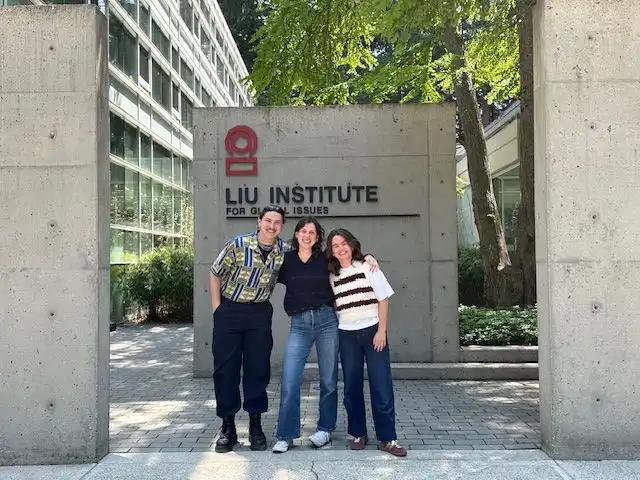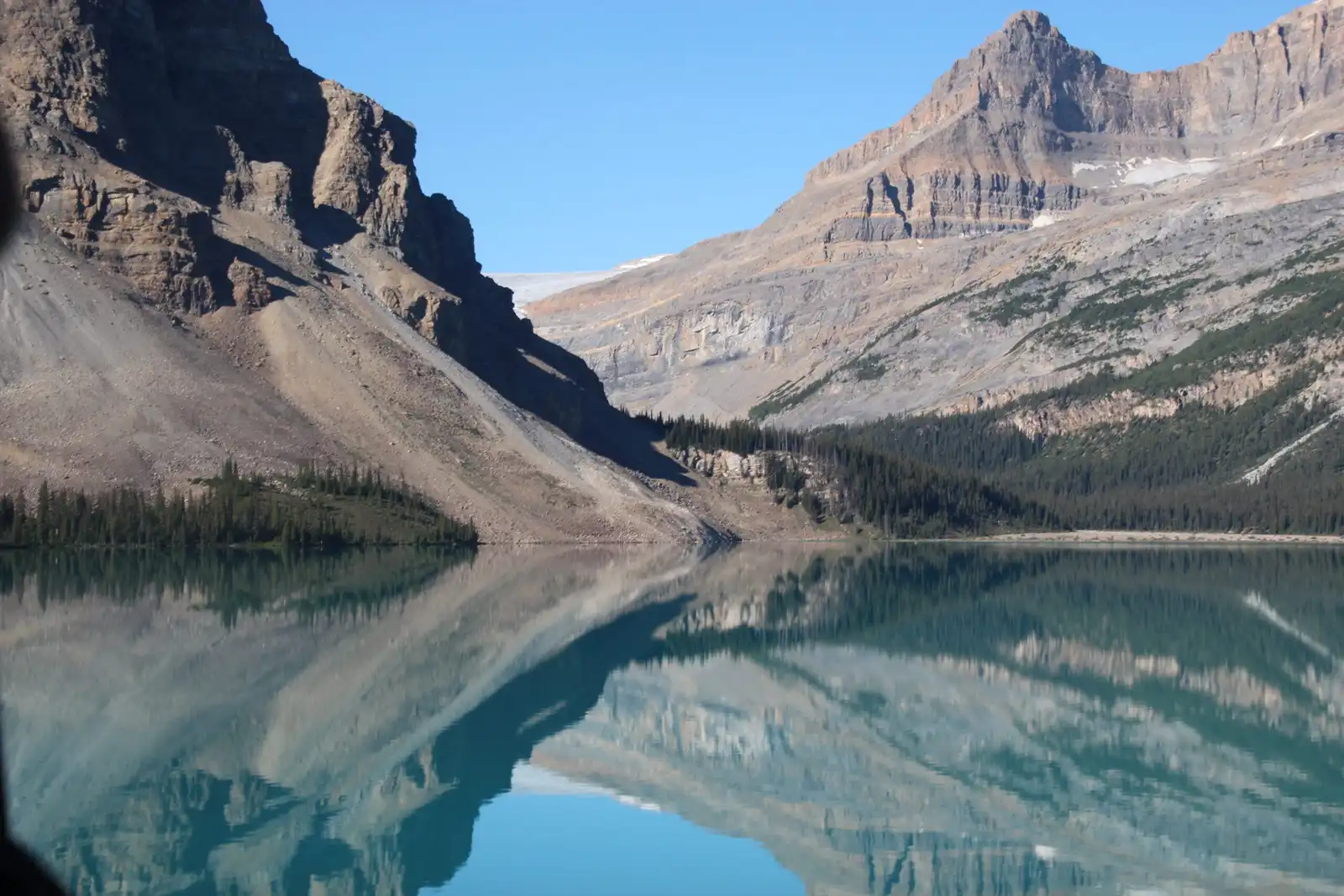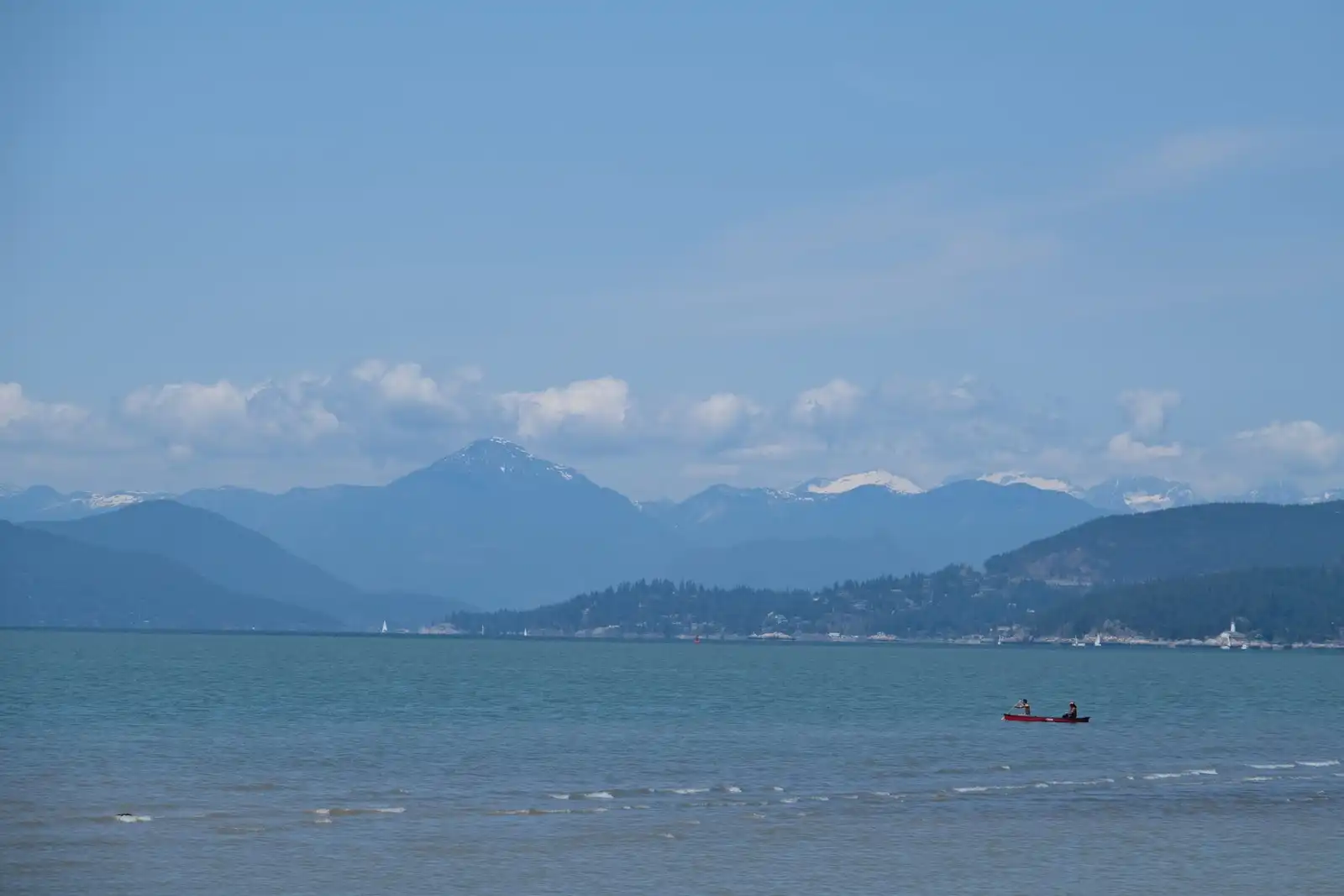Home>Researching Environmental Justice Across Borders: A CARE Experience
14.09.2025
Researching Environmental Justice Across Borders: A CARE Experience
This post is part of a series highlighting students’ experiences in the CARE Program, showcasing how the program shapes learning, action and personal growth around climate and environmental and issues. In this post, Justine, a Master’s student in Environmental Policy at PSIA, Sciences Po, shares her four-month journey at the University of British Columbia. She reflects on the academic discoveries, personal encounters and insights that shaped their time in Vancouver.

With support from the CARE Program, I have spent about four months in Vancouver, at the University of British Columbia (UBC). It was a rich experience, academically and humanly. I have learned a lot through my research but also, and mostly, through the people that I have met, whether through UBC or through other activities that I engaged in in Vancouver.
Academic experience
My research project was focused on water issues, their relation to environmental justice, and the way that they are influenced by human infrastructures. I mostly worked on the adaptation of nuclear power plants to climate change and their resulting management of water. I liked learning about power relations and the interaction between climate change, the loss in biological diversity and the disruption of the water cycle. Treating these issues together is crucial. This is why I like that the CARE Program’s approach, especially through its work on sufficiency, supports interdisciplinarity and tries questioning the roots of environmental issues.
By giving me the ability to be surrounded by scholars and research teams, these last months made me discover that I want to continue doing research in the future. They also helped me identify the disciplines and questions that I would like to dig further into, and gave me the tools to consider it with confidence.
After this internship and a road trip in British Columbia, I also feel like I understand a little better the relation of people to the environment in the region, a relation that is as complex and diverse as the population. I think that in the next years, the CARE Program could be a great chance to get French students thinking about how First Nations’ experiences with the government and their relationship to the environment can reshape the way we look at environmental justice in European contexts.

Human encounters
One thing I particularly appreciated was how spending a few months with my supervisors allowed me to better understand the academic world but also their individual commitments towards social and ecological transformations. I am happy that I took the time to meet people in depth and ask about their experience in research or more in general. Sciences Po tends to encourage us to network and collect a maximum of relationships and conversations, but I think that it doesn’t always allow us to learn things that could deeply change our mind on important issues or even on our own career.
More generally, I found it easy to meet Canadians and international communities in Vancouver. Through sailing classes, I have made friends that will stay with me for years and with whom I hope to travel the world’s seas!

Reflections and recommendations
Taking the plane to go to UBC was a big decision considering the obvious contradiction with the aim of the program, but I decided to do it because discovering the world of research was a priority for me and I knew that the community there would help me do it in the best conditions. I don’t regret my choice because this trip was very determinant for the next years of my life. However, I realised how important traveling is in the research world today, an issue that I think isn’t addressed enough by research institutions.
The last months were a rich experience for me, and I would encourage anyone who wants to test their interest for the research world to apply. Vancouver is beautiful, and life there offers an incredible work-life balance. I also think that the Program opens a lot of opportunities to question French policies with regard to what works or doesn’t work in Canada, which is important at a time when we feel like environmental issues never get the treatment they require.
All photos are the author’s own.
Got a question?
Please contact Céline Cantat